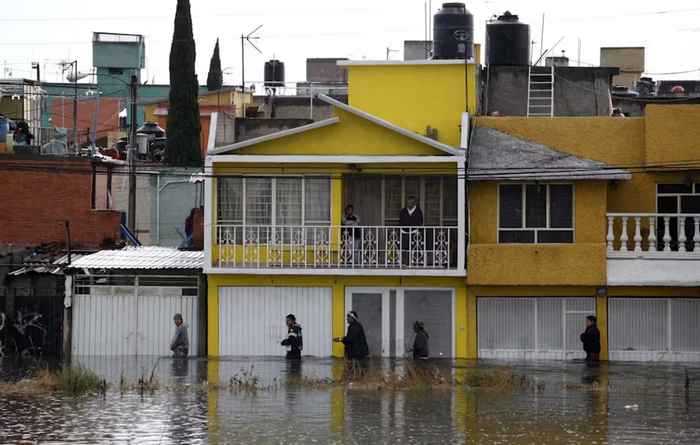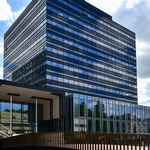Waterworks: Repairing Hydraulic Modernity in Mexico City
Hosted by the Centre for Sustainable Development Studies and the Centre for Urban Studies
- Date
- 5 November 2025
- Time
- 15:00 -17:00
- Location
- Roeterseilandcampus - building A
- Room
- A2.10

Drawing on 10 years of research with workers in Mexico City’s public water utility, Alejandro De Coss explores the role that labour plays in sustaining hydraulic infrastructure and the forms of power they materialise. Critically engaging with the infrastructural turn in the social sciences, Alejandro shows how situated infrastructural labour practices enable infrastructures to adapt to ongoing material, environmental, social and political change.
The importance and limits of infrastructural labour
In doing so, he puts forward the argument that infrastructural labour is central to the adaptive reproduction of relations of power and difference in urban space, including those that constitute state power and capitalist modernity. However crucial, these forms of labour have also concrete technical, political and environmental limits, shaped by the coming together of deepening austerity, changing rainfall patterns, aquifer overexploitation, and techno-political struggles over water access and water rights. Reflecting on these limits gives way to imagine what water futures otherwise might look like.
The Lecture will be followed by drinks at CREA.
